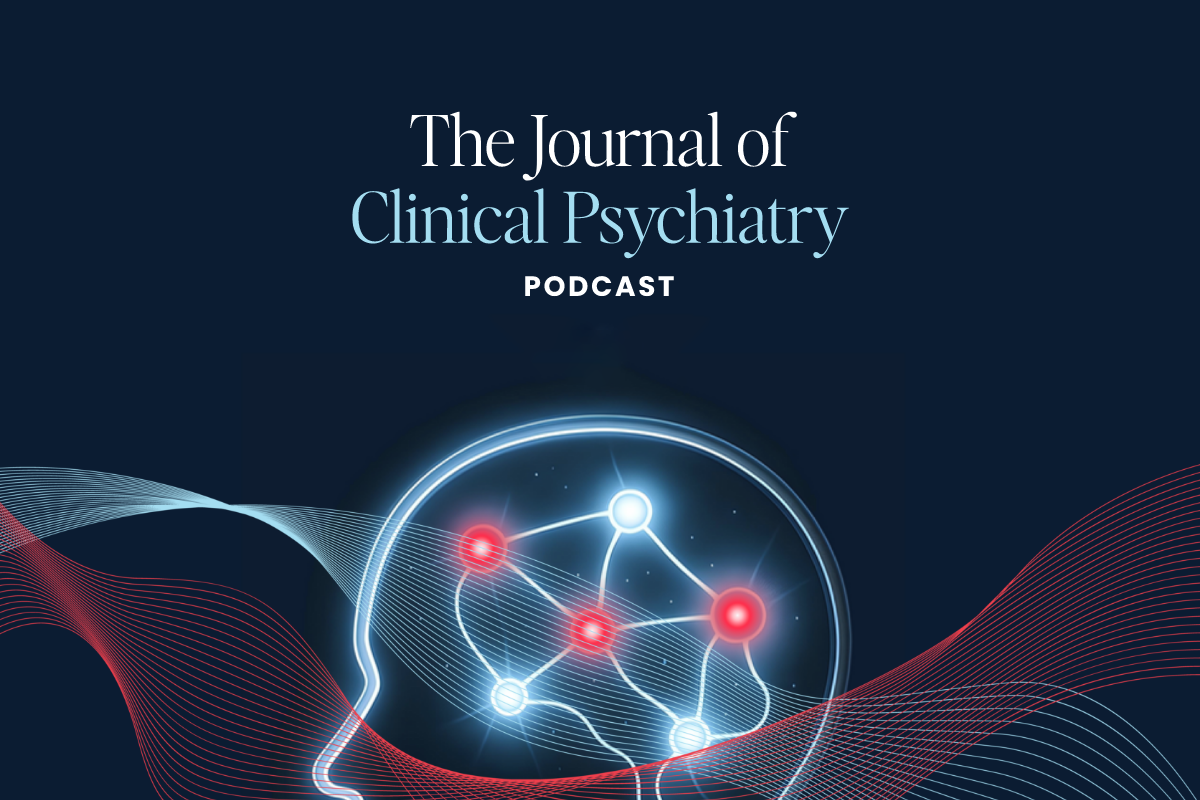Hold on to your bleep button, because surprise! Letting a few socially-incorrect expletives fly can be beneficial. It turns out there’s a reason why we’re inclined to curse up a storm after a paper cut or stubbed toe.
That’s a Relief
Swearing can actually lessen pain by eliciting a “flight-or-fight” response, studies show. Spewing a string of profanities signals an area of the brain known as the amygdala to release adrenaline. This flood of hormones subsequently leads to a soothing, analgesic effect.
“It elevates the heart rate, it elevates galvanic skin response—how conductive the skin is,” Emma Byrne, neuroscientist, researcher, and author of “Swearing is Good for You: The Amazing Science of Bad Language” explained to Psychiatrist.com. ”This indicates that swearing triggers an emotional-arousal component.”
Sociocultural Influences in Autoimmune Encephalitis
Mania and Psychosis After Acquired Visual Impairment
FDA Advisory Panel Backs Leqembi for Alzheimer’s
In a 2009 study from Keele University, subjects were tasked with plunging their hands into a tub of freezing cold water, once while repeating a swear word and again while repeating a neutral word. Participants were consistently able to hold their hands underwater for longer when uttering the swear word. A follow-up experiment demonstrated that the increased pain tolerance that comes from verbalizing vulgarity is strongest among those who don’t swear as a habit.
“Because swearing is processed in so many different parts of the brain at once, it’s more effective a distractor than almost anything else,” Byrne explained. In fact, the power of profanity is so great, she noted that some patients with severe brain injuries that prevent them from speaking still retain the ability to cuss.
The Keele University researchers found that swearing can increase a person’s pain tolerance by up to 33 percent. But it’s not the naughty words themselves that soothe. It’s our perception of them.
In one of the Keele studies, some participants were told to repeat made-up, stand-in swear words like “twizpipe” and “fouch.” The phony profanity had little impact on the subjects’ ability to tolerate discomfort. Only “traditional” swear words had the capacity to numb physical pain, the researchers concluded.
“Something that’s painful is usually also emotive,” Byrne offered. “We’re feeling angry or afraid when something has made us feel pain, and swearing allows us to process those emotions and externalize them.”
Easing Social Unease
Physical pain relievers like cannabis and acetaminophen help reduce the psychic ache related to social rejection and exclusion. Cussing seems to offer the same kind of relief. This is because the brain experiences physical and social discomfort in a similar way, Byrne explained.
“Imaging studies have shown that the same parts of the brain light up for social pain as they do for physical pain,” Byrne said. “We can treat [rejection, failure, or shame] the way we treat a broken leg in terms of pain reduction, so it wouldn’t surprise me if swearing can also do that.”
Byrne said swearing provides important emotional clues to observers as well. “It provides a useful warning signal that someone is becoming overwhelmed or anxious. It can show, ‘I don’t have the resources to deal with this right now,'” she said. “Hearing someone say, ‘Oh for f***s sake’ can be a really good sign, showing what level of emotional capacity a person’s got.”
Establishing Social Bonds
Want to build closer interpersonal relationships? Cursing may be able to help with that, too.
Byrne said that certain cultures engage in off-color banter to establish bonds between peers. “You trust that they trust that you’re only kidding. It’s a weird sort of bet where if you hear me calling you a bit of an a****le, you know I’m doing it because, actually, I love you rather than because I’m genuinely p****d off with you,” she explained. “Plus, for people who find it difficult to express emotion, swearing can serve as a safe way to express feelings without having to name them.”
You sometimes see this play out in hyper-masculine environments, Byrne pointed out.
“In male-dominated workplaces, particularly when there’s this machismo requirement and this perceived penalty for talking about feelings, a really good way of expressing frustration, upset, or anger without it either becoming conflictual or emasculating is to use swear words,” Byrne said.
But before you go dropping F-bombs with abandon, read the room. Not everyone embraces salty language.
For example, Byrne recommended taking power structures into account. “When you have someone who is perceived as having a higher level of status or power swearing at someone with a lower status or power, it tends to be perceived far less well,” she noted.
So, while your favorite four-letter words may have perks in certain scenarios, they’re definitely not the right choice in every situation.



